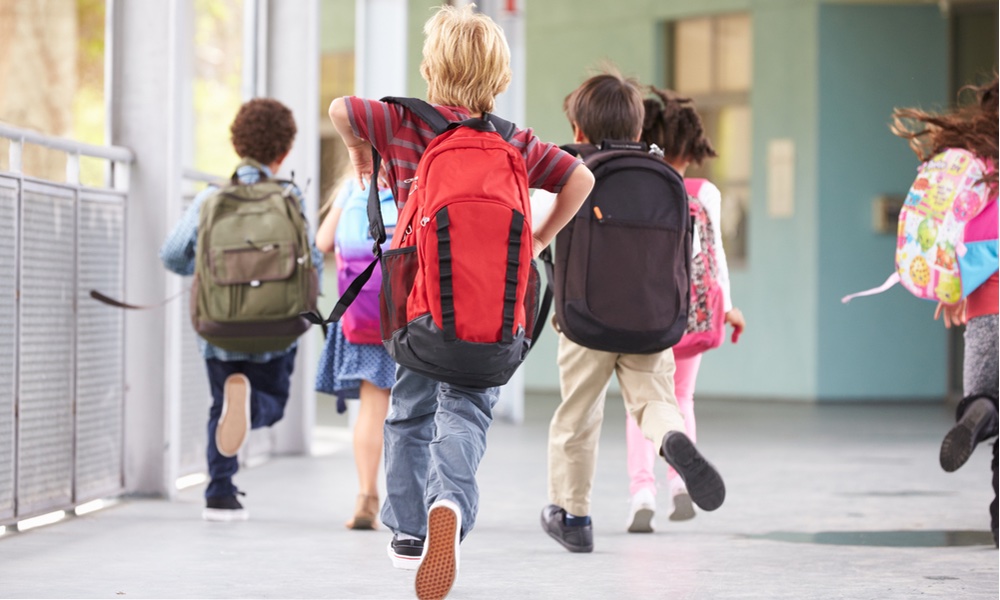Most of us can remember our favorite — and most dreaded — grade school teachers. For better and for worse, those early teacher-student relationships can make a big difference to a child's overall early learning and development. When the contact between a teacher and student is positive, it can launch a life-long love of learning.
The impact of relationships between students and their teachers in kindergarten through the third grade was the subject of a study by researchers from The Ohio State University and University of Pennsylvania. The researchers used data from the Early Childhood Longitudinal Study - Kindergarten Class of 2010-2011, a nationally representative sample of 14,370 children in the United States to look at how the quality of a teacher-student connection affects students over time.
To get a picture of the children's relationships with their teachers, researchers assessed these kids in the classroom and surveyed their parents and teachers to see how close or conflicted a child's relationship with their teacher was.As early as kindergarten, the quality of a child's relationships with teachers makes a difference that can affect a child's academic achievement and social and emotional development for years.
First, researchers looked at the quality of the teacher-student relationships seen in the classroom — whether they were close or conflicted. Next, they assessed how these relationships correlated with students' achievement, absenteeism, executive function, and social and behavioral development.
The team also considered whether certain groups of students tended to benefit more from these relationships than others.
Not only did the findings make clear that between kindergarten and third grade the quality of student-teacher relationships can have a significant impact on children's overall learning and development, the results also pointed to the fact that these effects accumulate over time and extend across the early elementary school years.
All the children in the study who had a close connection with their teachers were seen to benefit from it.
“For teachers, our findings underscore the importance of developing strong connections with students across the early elementary school years. By recognizing the importance of a close and conflict-free relationship, teachers can better support student success,” he went on to say. “For administrators, our findings highlight the importance of supporting teachers so that they have the time and space to cultivate stronger relationships with students. For families, our findings highlight the importance of collaborating with teachers to better support their children.”
One of the biggest surprises was the power of student-teacher connections. Not only did they positively influence a broad range of academic and social outcomes in students, Ansari explained, they showed up consistently across different student populations both short- and long-term.
“We were also surprised that relationships formed as early as kindergarten matter for development not only in that year, but through the end of third grade. Moreover, these early connections significantly influence not only academic achievement, but also social and emotional development and executive functioning skills, which are critical for educational success.” If there was more conflict and less closeness in a student-teacher relationship, it tended to affect girls more than boys, particularly socially.
There are some ways parents and teachers and school boards can make positive connections between teachers and students more likely. “Teachers can strengthen their relationships with young children, and in particular young girls, in several ways,” according to Ansari. “Teachers should try to create an environment of open communication and actively listen to their students. Additionally, showing empathy and understanding by validating emotions, encouraging collaboration, and personalizing interactions based on individual student interests can help build stronger connections.”
The study is published in Child Development.





